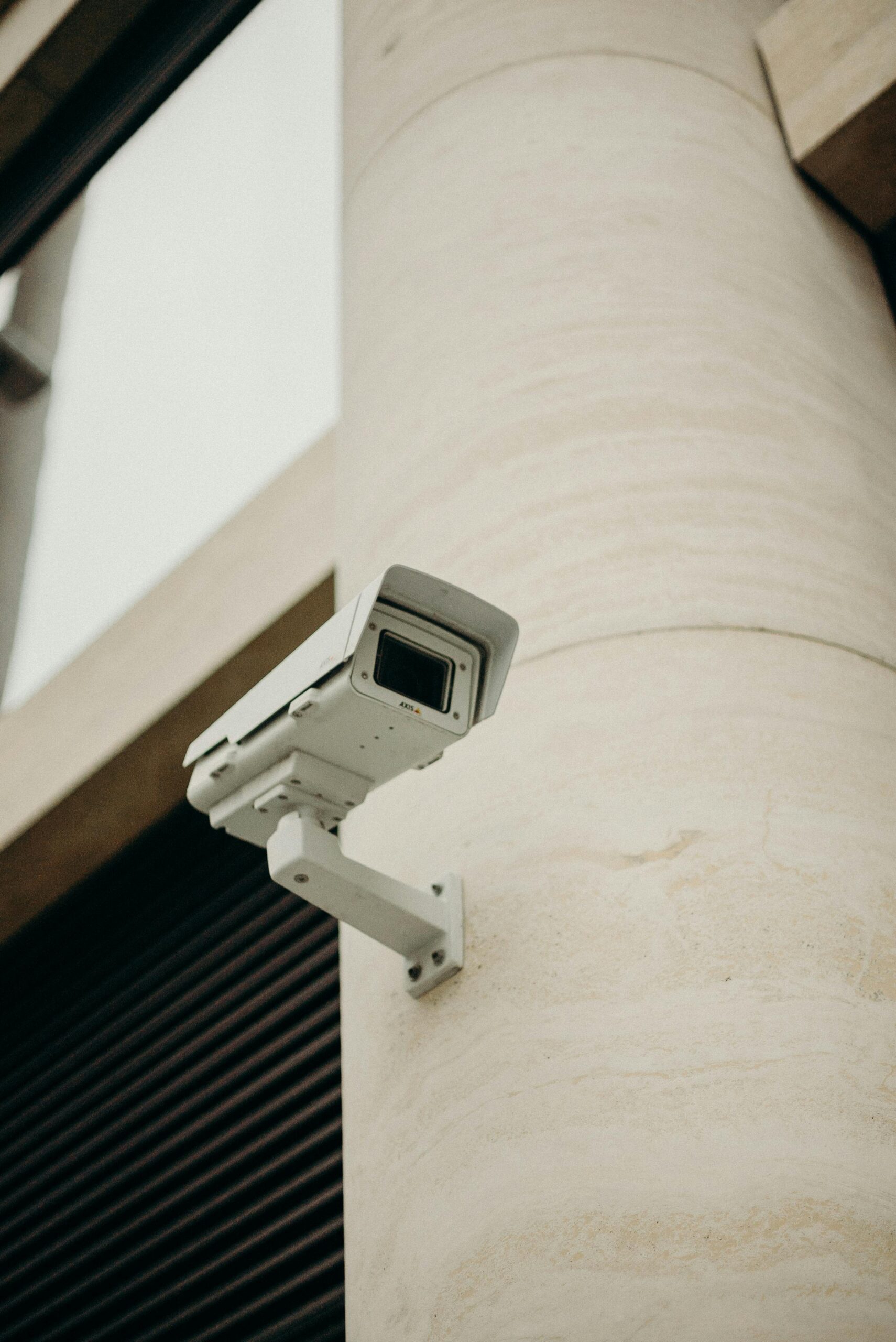I am delighted to be with you again at the Culture Committee to update you on our work.
It is clear that Europe is facing difficult times: unemployment, recession, loss of competitiveness. The creative industries and cultural content have a very strong role to play. Culture helps our society: supporting inclusion, education, and democratic freedom itself. But it also supports our economy: creative industries represent 5 million jobs and 2.6% of EU GDP.
Today I want to talk about three broad areas where my portfolio will be of interest to this committee. And also to seek your views on three particular questions. First, how embracing the internet can help the creative sector to flourish. Second, how we are supporting media freedom and pluralism in and outside the EU. And third, how we need strong digital infrastructure and frameworks for all of this to happen.
First, so many aspects of our lives are increasingly going online: entertainment, culture and creativity are no different. Let’s remember the opportunities and challenges of the digital revolution for the cultural sector.
For example, Europeana has shown great potential in allowing wide access to digital cultural content. But we need more efforts to increase accessible content.
Film heritage is another area where much needs to be done. Our 3rd application report, due shortly, will show that 85% of European film heritage is out-of-commerce, and hence not accessible. While 98.5% is not digitised; still locked in its metal cans when it could be online and available to all.
For books, too. In June this year we got together major players form the ebook value chain to discuss opportunities and obstacles in the sector. Those present endorsed the principle that there should be no barriers to acquiring ebooks across territorial borders, platforms and devices; that would indeed be a breakthrough for ebooks, and for our Single Market.
Or look at the audiovisual sector. Thank you to Mr Borys for your report on the AVMS Directive. That framework allows audiovisual services to freely circulate, while protecting important policy objectives like protecting children. But audiovisual media are going online too, and converging. Devices that link the internet with broadcasting are spreading rapidly: from connected TV sets to tablets to smartphones. We have to address the possible economic and technological implications; perhaps also the legal ones. And indeed we are currently planning a Green Paper on Connected TV for the beginning of next year. I very much welcome your input and Mrs Kammerevert’s report.
More generally, the internet is changing the whole media sector. We won’t stop that change from happening; it’s inevitable. But, if we don’t get it right, we will fall behind our global partners, to the loss of our citizens, our democracy, and the European media sector itself. So we need to seize those opportunities, and rise to that challenge. That was the message of the report delivered to me by the Media Futures Forum, headed by Christian van Thillo. The Forum makes a number of recommendations for how we can capture this advantage. For example, by aligning online and offline VAT rates. Or an EU-wide system for micro-payments, so it’s easier to pay for online content, even if it’s just a euro. And I know that Mr van Thillo is willing in principle to talk to decision-makers, including this committee, about his recommendations.
So my question here is: how do we build the right framework that helps this sector in the digital age? How, for example, do we justify that you’d pay less tax to buy a print newspaper than you would to buy a digital download of a newspaper? Same content, different format, different VAT rate.
Or take copyright. On the one hand I know many on this committee are worried about large-scale commercial infringements of copyright. I share those concerns: I want a system that really works for creators. But merely taking tougher and tougher enforcement action is not sustainable; we all saw that in the case of ACTA.
So my question is: how can we make it easier to access legal online content, make the copyright system fit for the digital age, and really help artists make the most out of online opportunities?
My second priority within this sector is to defend media freedom and pluralism. Inside the EU and out. These are issues I raised in very strong terms on my recent visit to Azerbaijan: including directly with the President. Freedom of speech is a precious human right: but also freedom after speech, not being persecuted for daring to speak out. And I thank those members of this committee who took part and helped on that visit.
And by the way, this question of media freedom is not detached from the rest of my portfolio, from the Digital Agenda. On the contrary: it’s clear the internet is a new frontier of freedom; a new platform for pluralism. People like the blogger Malala Yousafzai remind us of this – how a young girl armed only with an internet connection could stand up to the Taliban, and spread her message to the world. Here to read more.


